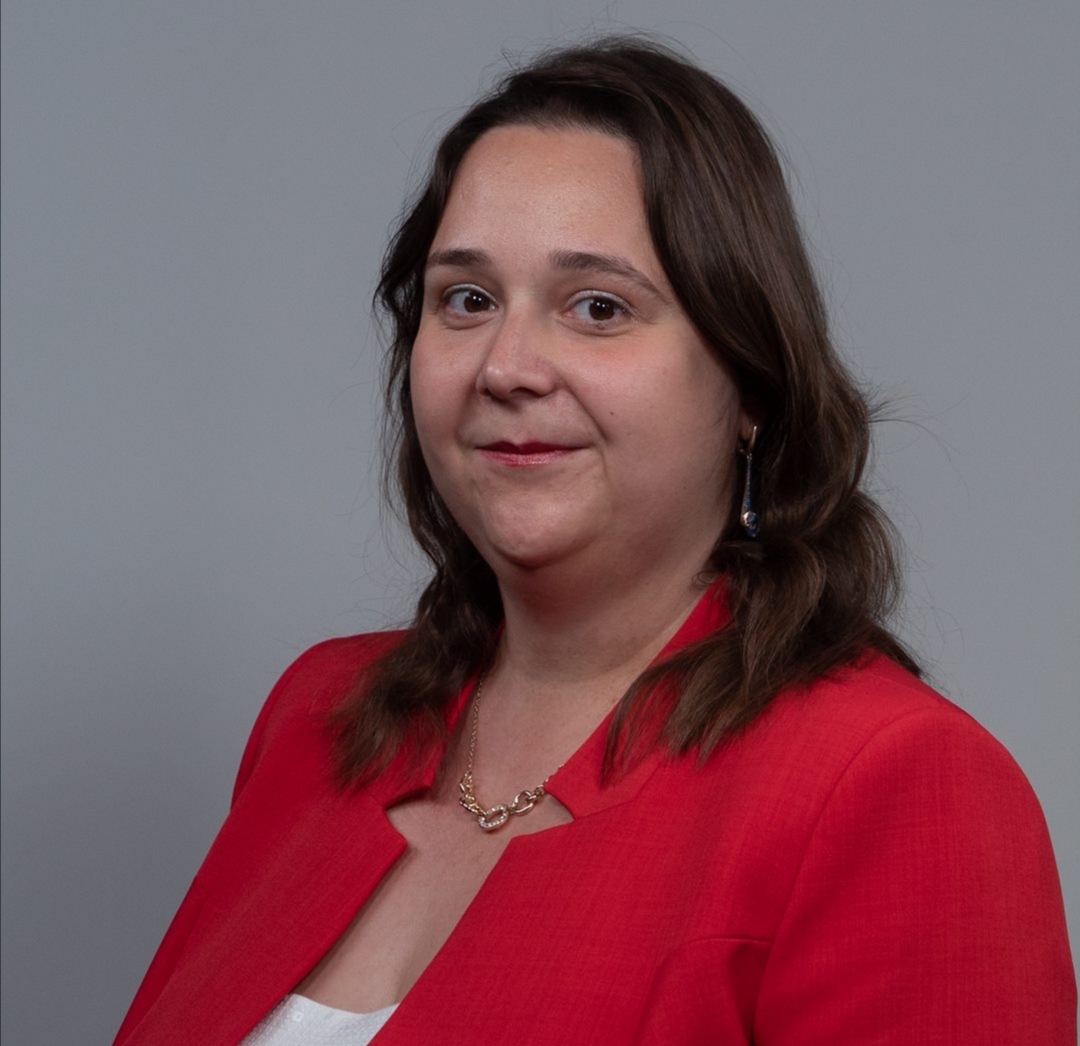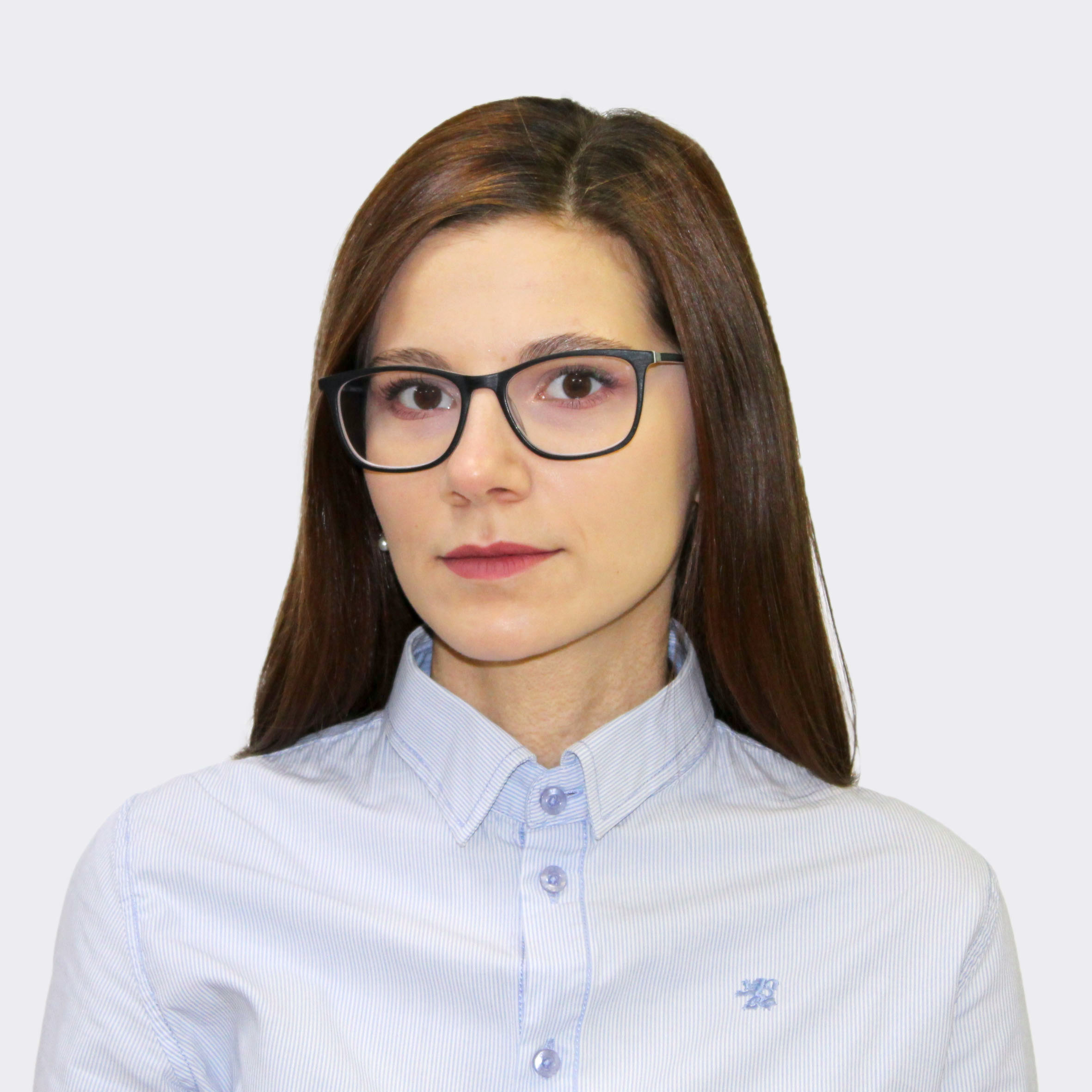The experience of using GNSS software-defined recievers
DOI 10.51955/23121327_2022_1_88
Natalya G. Arefyeva (Astrakhanceva)
Abstract. The paper describes the experience of using software-defined receivers for receiving signals from GPS and Beidou navigation satellites. The peculiarities of the GNSS SDR platform and implementation of the satellite navigation system receivers on its basis were considered. The structure of the GNSS SDR flow graph with description of the functional capacity of each block was shown. As an RF part of the receiver, a HackRF platform with an active antenna and Temperature Controlled Crystal Oscillator was used. The receiver was tested with help of the SN-3803M simulator radiating GPS signals. The dependences of the time required for position-fixing and the number of the navigational satellites which provide tracking on the given false alarm probability were obtained experimentally.
Through natural experiments the authors compared the performance (number of tracking satellites, positioning accuracy, dilution of precision) of the SDR-receiver and ATGM336H portable receiver applied to the GPS and Beidou systems. The main features of the receivers operation were identified and analyzed.
Keywords: GPS, SDR, Beidou, software-defined receiver, dilution of precision, positioning accuracy.
Download article in PDF 449.2 kB


